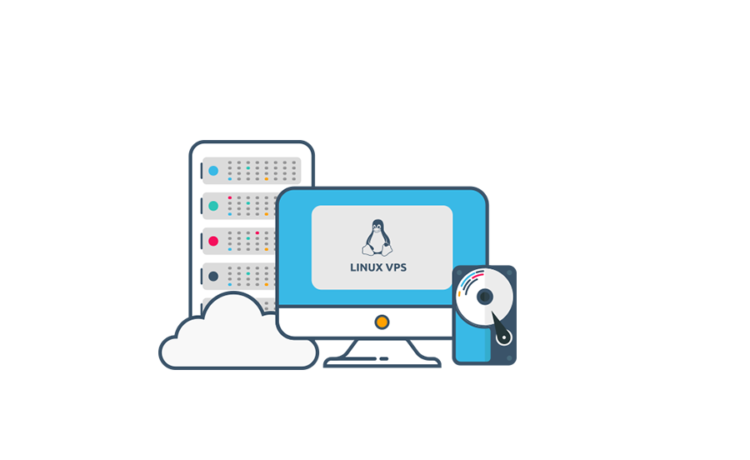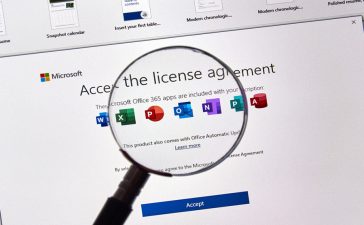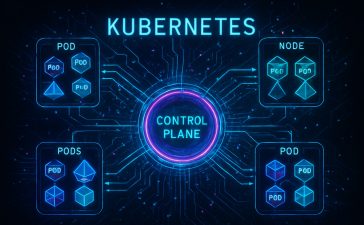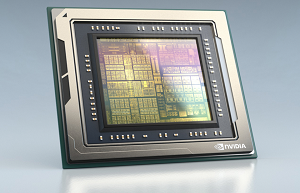Linux is an operating system in a style similar to Unix, which was then very popular in academic institutions and businesses.
The GNU project, carried out by Richard Stallman in 1983, aims to create an integrated operating system with free Unix-compatible software. The development of GNU began in 1984 while Stallman founded the Free Software Foundation in 1985 and in 1989 issued the GNU General Public License (GNU GPL).
By the early 1990s, the development of useful tools required by an operating system (such as libraries, compilers, word processors, shell, window environment) had been completed, but the development of basic and necessary tools such as hardware drivers, task demons, and the operating core had been delayed. This delay caused Finland’s Linus Torvalds to create his own core in 1991.
Torvalds began developing a non-commercial operating system in 1991, while still studying at the University of Helsinki. It was inspired by the also Unix style functional MINIX and began to develop the kernel that became known as Linux kernel. Torvalds originally wrote programs that also ran on MINIX until Linux reached a stage of development where the links between the two operating systems were no longer necessary.
Torvalds then decided to change the license, which until then did not allow redistribution for commercial purposes, making Linux available under the GNU GPL license. So GNU found a kernel to work on, and Linux found ready a wide variety of programs. By enrolling his project in GNU, Linux’s growth was rapid and quickly surpassed MINIX in popularity.
Since Linux’s accession to GNU to date, thousands of developers from around the world have been contributing code and jointly developing Linux.
Each distribution is supported by an organized community of users and developers, and some of the distributions are also supported by companies that sell either commercial versions or technical support for free versions.
In addition, dozens of third-party companies have contributed in recent years to the development of Linux – including well-known companies such as IBM, Intel, Google, Hewlett-Packard – mainly to increase sales of the hardware of their computer systems -[pending referral] given the spread of Linux in the market for cheap Linux VPS servers, mobile phones, and netbooks.
Linux is developed based on the POSIX standard, an attempt to standardize all Unix-based or simulated systems.
Community of volunteers and professional programmers
Another of the features that make GNU/Linux stand out is the capacity and altruism of the “community” that supports it. As a community, we mean not only developers (or developers as they are otherwise called), but also its users.
Linux has been fortunate from the outset to be developed by developers of every nationality, from every corner of the earth. As far as the core is concerned, this effort is coordinated and organized, since Torvalds himself has the final say on any change.
It is worth bearing in mind that Linux developers are usually volunteers, with the exception of core developers funded by large companies such as IBM, Hewlett-Packard, Red Hat, Fujitsu-Siemens, etc.
These volunteer developers are devoting their time to trying to improve the operating system that we all use, without being paid most of the time. The voluntary nature of Linux is often used as a counter-argument on the part of those who argue that proprietary software is better than free software.
But the experience so far has proven to be the exact opposite, on the one hand, because the Linux kernel is mainly developed by professional developers and on the other hand because Linux manages to improve continuously while tackling fast and effective bugs and security problems that occur from time to time.
Nothing is perfect – at least in Linux, it is not possible to hide problems…






